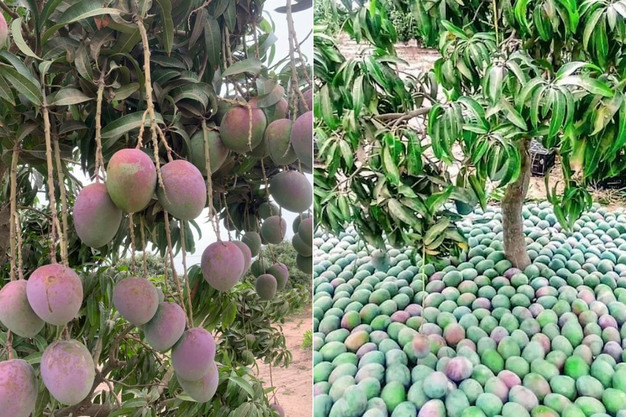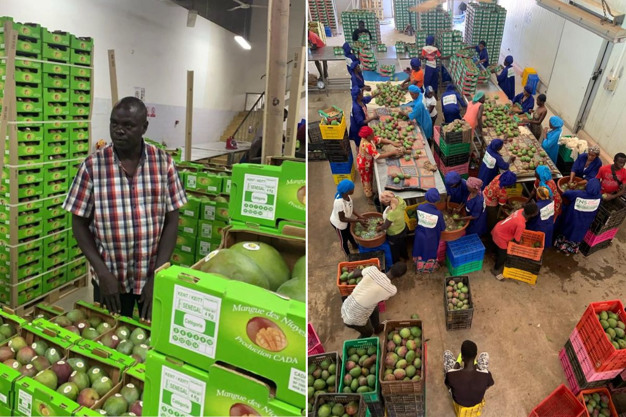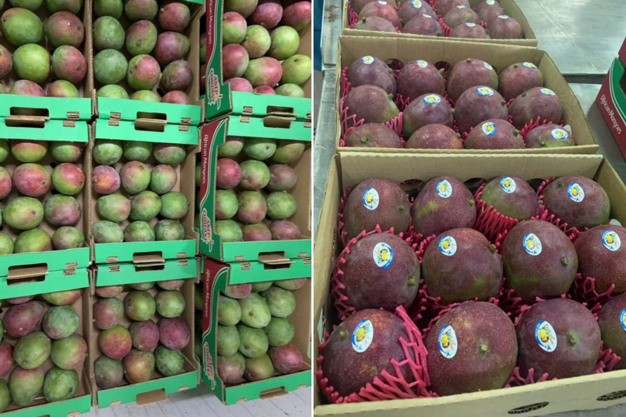Over the past few seasons, the Senegalese mango export industry has been confronted with difficulties so consequential as to threaten its future. Climate change, logistical challenges, competition, taxation, lack of modernization... industry players point the finger at a number of issues. Selle Ndoye, Director of FNS Agribusiness, says "We're worried about this alarming situation. The Senegalese mango export industry is simply on the verge of collapse."

Ndoye states: "The strength of the mango sector in Senegal has always been the seasonality and quality. But climate change has been causing major disruption for years. All it takes is a two-week delay for the start of the season, coupled with drought, for the season to be irreparably missed."
That's what happened last season, Ndoye adds. "Difficult climatic conditions, between drought and heatwaves, caused the loss of the first harvest cycle, which represents 25% of volumes at the national level. Worse still, the two-week delay in launching the season put us in direct competition with Egypt and Latin American origins later in the season. While everything went well in terms of production for the second harvest cycle, it was difficult to export and maintain fair prices when the market was flooded with mangoes."

As a result, exporters found themselves in a financial haemorrhage last season, as Ndoye describes, "The season was unprofitable. Many growers and exporters can't recover from such losses."
Under these conditions, mango growers are helpless and no longer know how to react. Ndoye describes the mood: "Every year, we hope for the best, we're optimistic, but the climate is unpredictable. We don't know whether to change varieties or switch to other crops. It's a difficult decision to make, because Senegal was always known for its Kent mangoes of a particular color, taste, and quality, and it's hard to sweep it all away".

"Other paths of conversion include adopting earlier varieties like Amélie, or other fruits such as dates or avocados, which can be grown before the advent of bad weather. The development of Kent mango by-products also remains a path to be explored. What we're hoping is that we'll keep doing what we're doing, provided that the weather conditions improve."
For the next Kent mango season, weather conditions seem favorable, but Ndoye remains cautious: "Previous seasons have shown us that everything can change quickly. We'll see between now and April how the situation unfolds."
For more information:
Selle Ndoye
FNS Agribusiness
Tel: +221775530148
Email: [email protected] / [email protected]
